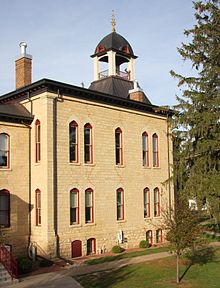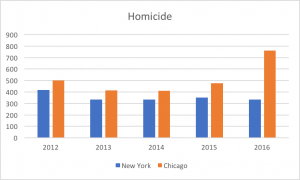Roggensack Calls for Defending Legitimacy of Courts from “Tough Talk” of Critics
Wisconsin Supreme Court Chief Justice Patience Roggensack wanted to use her Hallows Lecture at Marquette Law School on March 7 “to start what I hope will be a public conversation about a rising challenge to the institutional legitimacy of our courts, both state and federal.”
Roggensack launched the conversation with strong words for those she thinks are harming the standing of courts as a whole. She named names and spoke forcefully about the impact of those inside and outside the legal system who have disparaged some judges and justices in personal terms or who have said the Wisconsin Supreme Court and other courts make decisions based on political allegiances. She criticized what she called their “tough talk.”
“Most tough talk comes from those who have no conscious intent to harm the institutional legitimacy of courts, but have not considered the unintended consequences that may follow from their fully protected speech,” Roggensack said.


